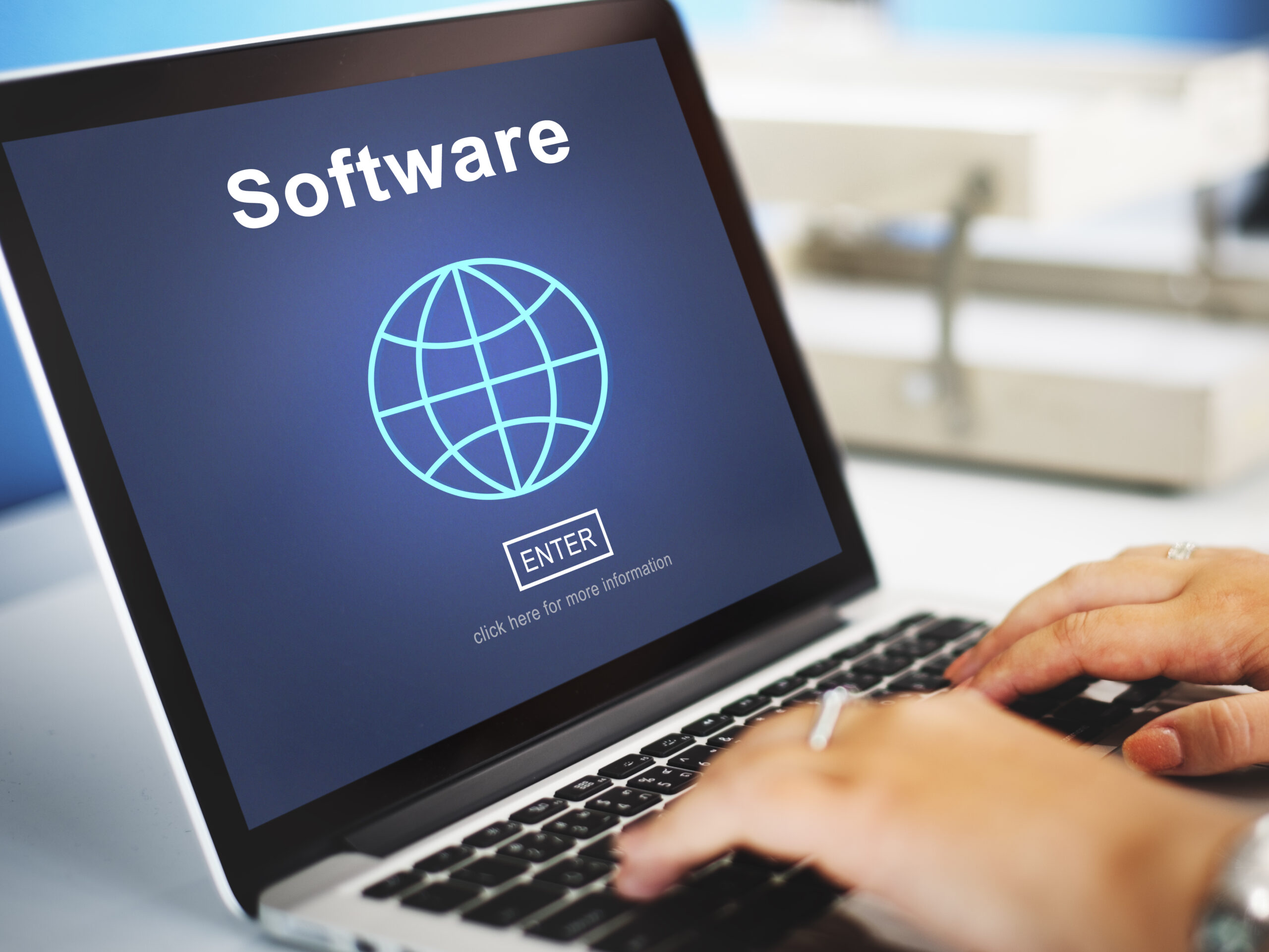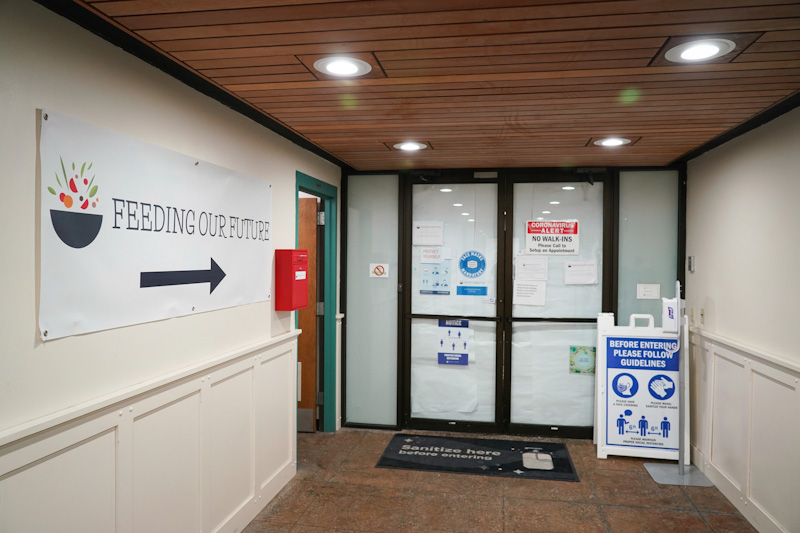Mediation vs. Litigation: Resolving Divorce Disputes in Alabama
Divorce is inherently challenging, but the path you choose to resolve disputes can significantly influence the journey and its aftermath. In Alabama, spouses facing the end of their marriage typically have two main avenues to resolve their disputes: mediation and divorce litigation. Each path offers distinct approaches, processes, and outcomes.
Understanding the nuances of both can empower you to make informed decisions that align with your personal circumstances, goals, and well-being. This post delves into the characteristics, benefits, and considerations of mediation and litigation in Alabama divorce proceedings, aiming to provide clarity and guidance during this complex life transition.
Mediation: The Path of Collaboration
Mediation is a private, voluntary process where a neutral third party, known as a mediator, facilitates communication and negotiation between spouses to help them reach a mutually acceptable agreement.
Control and Flexibility: In mediation, you and your spouse have control over the outcome. The process is flexible, allowing for creative solutions tailored to your family’s unique needs.
Privacy and Confidentiality: Mediation sessions are confidential. This privacy allows for open and honest communication without the fear that statements made might be used against you in court.
Cost and Time Efficiency: Generally, mediation is less costly and time-consuming than litigation. By avoiding a prolonged court battle, you save not just money but also time and emotional energy.
Preserving Relationships: Particularly important for parents, mediation can lay the groundwork for a cooperative co-parenting relationship, focusing on the best interests of the children. Resolving your issues via mediation is similar to an uncontested divorce in that it can result in a more amicable divorce for both parties.
Litigation: The Court-Driven Process
Litigation is the traditional divorce process, where disputes are resolved by a judge in a courtroom setting. It is often more adversarial and structured than mediation.
Formal Procedure: Litigation follows a formal procedure, including discovery, motions, and, potentially, a trial. The process is governed by strict legal rules and procedures.
Decision by the Court: In litigation, the final decisions are made by a judge. This can be beneficial if your spouse is uncooperative, hiding assets, or there are concerns of abuse or power imbalances.
Public Record: Court proceedings and filings are generally public. This means the details of your divorce could be accessible, which might be a consideration for those concerned about privacy.
Potential for Greater Conflict: Litigation can be more confrontational, often leading to increased stress and conflict. This adversarial nature can strain family dynamics, especially when children are involved.
Making the Right Choice
Choosing between mediation and litigation depends on your specific situation. Consider the following:
- Complexity and nature of your disputes
- Relationship dynamics and communication with your spouse
- Desire for privacy
- Willingness to collaborate
- Financial and emotional resources
- Seeking Professional Guidance
Regardless of the path you choose, professional guidance is invaluable. A skilled family law attorney can navigate you through either process, ensuring your rights are protected. Additionally, mental health professionals can provide support, helping you manage the emotional aspects of your divorce.
Deciding between mediation and litigation in an Alabama divorce is a significant choice that impacts your journey through this life transition. Both paths offer different advantages and challenges. By understanding each option and thoughtfully considering your unique circumstances, you can choose a path that fosters a more positive, empowering resolution, paving the way for a future of new beginnings.
Attorney Steven A. Harris regularly blogs in the areas of family law, bankruptcy, probate, and real estate closings on this website. Mr. Harris tries to provide informative information to the public in easily digestible formats. Hopefully you enjoyed this article and feel free to supply feedback. We appreciate our readers & love to hear from you!
Sharing is caring:







